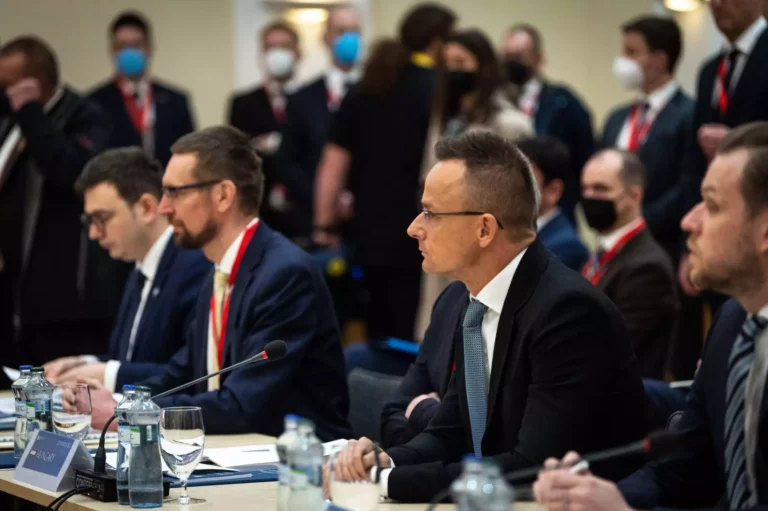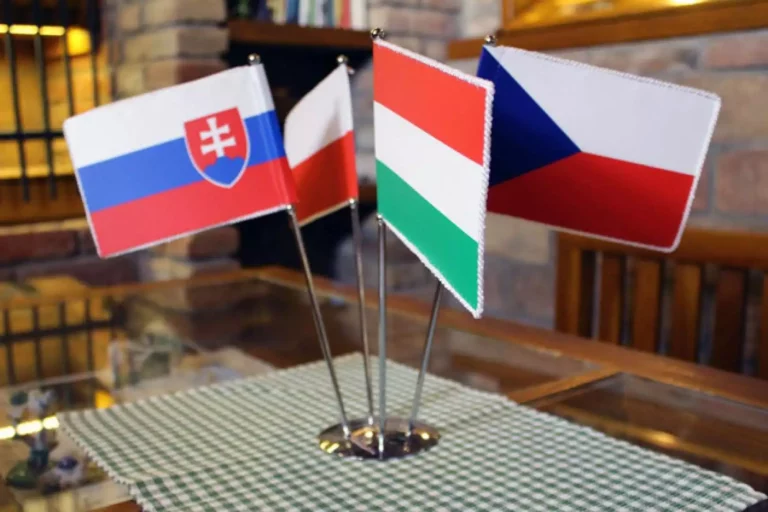Poland
Rule-of-law mechanism was activated against Hungary but not Poland

Minister: gas delivery to Hungary unimpeded!

Polish and Slovak prime ministers: Hungary’s neutrality is outrageous!

American diplomat: Putin wants to conquer Hungary

Orbán cabinet: Hungary, Poland rule-of-law reports apply double standards

Slovak Government Spokesperson: Putin and Orbán may divide Slovakia’s borders

These heads of government congratulated Orbán on his election victory – UPDATE

Zelenskiy: Orbán lacks honesty, he lost it somewhere in Russia

Government misleading the EU with the number of Ukrainian refugees to get more money?

Minister: Hungary’s left and Ukraine agreed to drag Hungary into war

V4 cooperation to freeze? Czechs, Poles remain home, Hungary cancels defence meeting

Budapest, Warsaw mayors mark Polish-Hungarian Friendship Day

Jobbik MEP: Orbán keeps stumbling in the battlefield

Hungarian Pres. not visiting Poland on the day of Polish-Hungarian friendship?

V4 countries stands for stopping the war in Ukraine, says FM Szijjártó in London

Foreign affairs committee head: preserving Polish-Hungarian relations important

UK-Visegrád 4 summit to be held in London early March
Polish min at V4 meeting: “Warsaw perceives double standards, too”





 ZH
ZH IT
IT DE
DE HR
HR NL
NL FR
FR JA
JA RO
RO RU
RU ES
ES TR
TR
